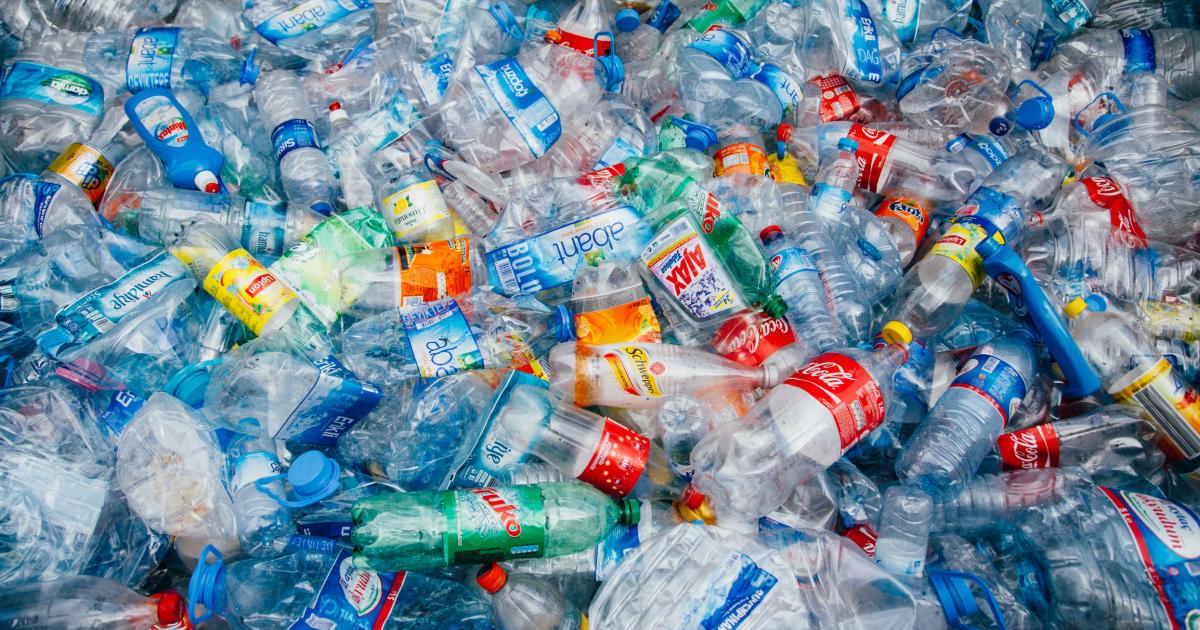The exponential growth of production and consumption of plastics in recent decades is having serious negative effects on the environment and human health. If business as usual continues, plastic production will triple by 2060.
According to the UNEP, global plastic production amounts to some 400 million tonnes per year.
In the latest episode of The Road to Green, Euronews heads to Croatia to explore how cities are freeing themselves of single-use plastics. At the UN Oceans Conference in Nice, delegates explain the importance of reaching an agreement on a Global Treaty on Plastics.
In August, the EU is participating in negotiations on the Global Plastics Treaty (INC-5.2) in Geneva, Switzerland, with the aim of reaching an effective agreement to tackle plastic pollution.
Watch the latest episode of ‘The Road to Green’ below to learn more.
Watch previous episodes from ‘The Road to Green’
Disclaimer
DG ENV co-finances the production of the Road to Green, while Euronews retain full editorial independence. Views and opinions expressed in the programme are solely those of the speakers and do not necessarily represent the views and opinions of the European Commission or any other entities.
Background
Faced with growing plastic pollution, the EU has taken a series of measures in recent years:
Since 2021, the ban on single-use plastics targets some of the most common and easily replaceable items, such as bags, straws, and cutlery.
New packaging regulations aim to reduce over-packaging and improve the recyclability of packaging.
The intentional addition of microplastics is restricted in certain cosmetics, detergents, and industrial products through the European REACH regulation.
A draft regulation on maritime transport aims to minimise the loss of industrial pellets to avoid microplastic pollution.
The Marine Strategy Framework Directive, which aims to protect marine ecosystems from marine litter, is currently being revised.
The EU also funds numerous research projects aimed at developing bio-sourced and biodegradable alternatives to traditional plastics.

